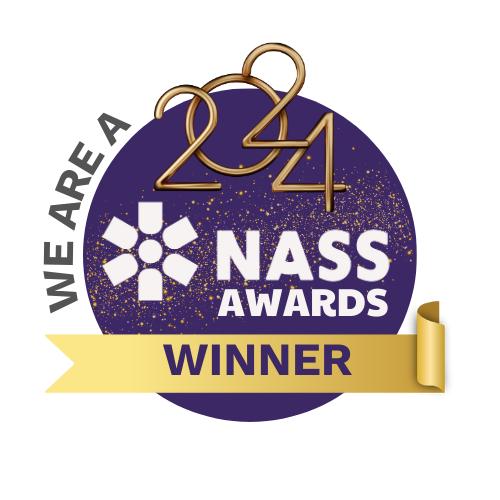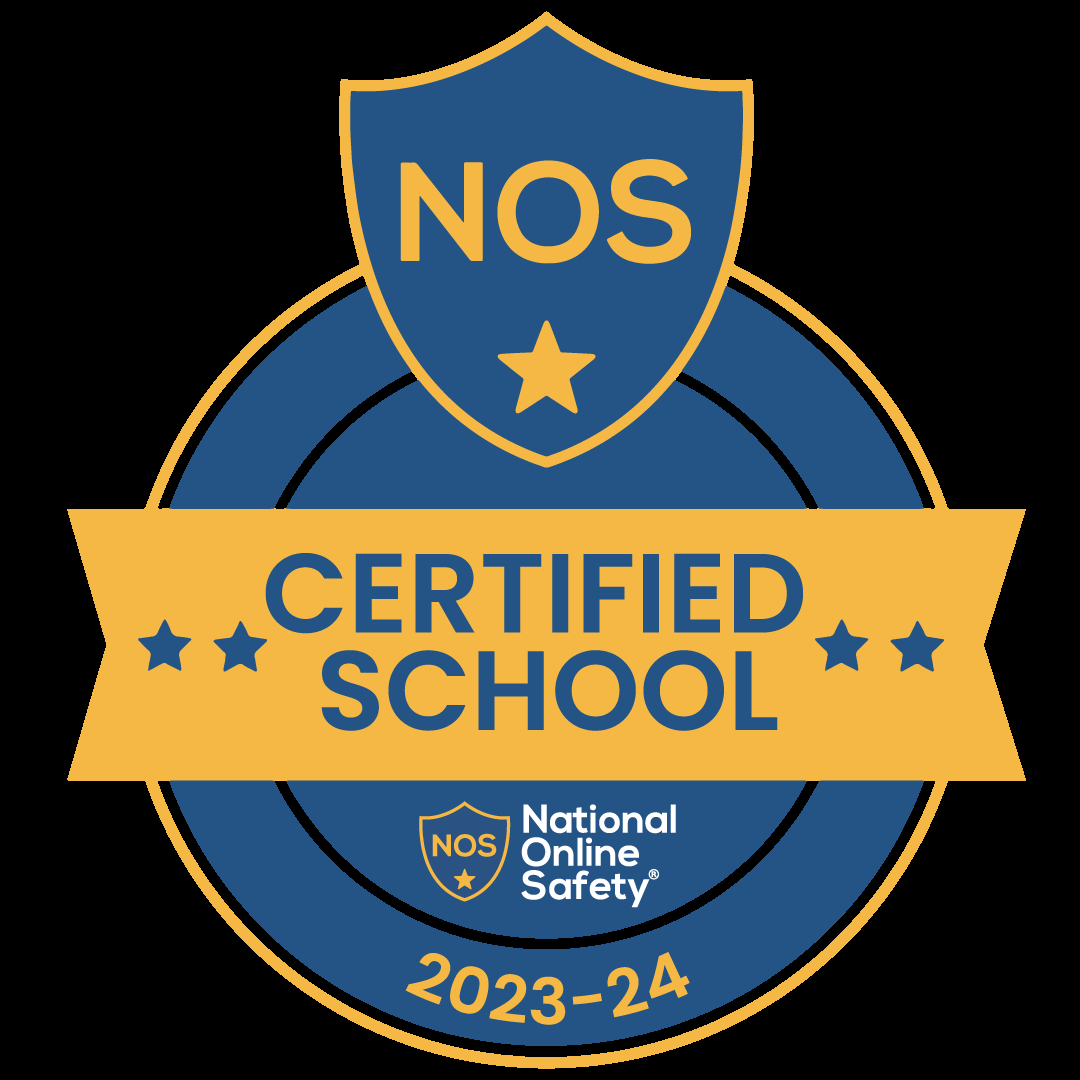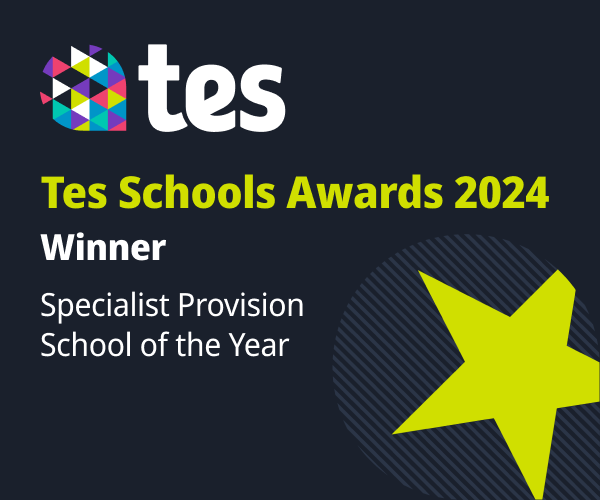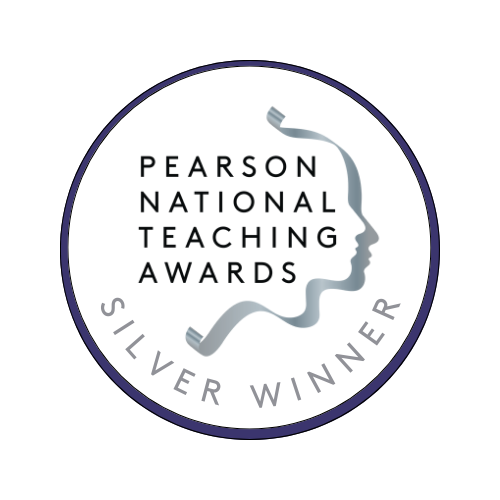Location
Bucknall, Staffordshire
Gender
Mixed
Placements
38 week day
Age Range
6 - 19
View
Term Dates
Download
Prospectus
Aurora Hanley School
Welcome to our Special Needs School in Bucknall, Staffordshire

Welcome from the Head of School
Here at Aurora Hanley, we know that every young person deserves the opportunity to succeed.
That is why we endeavour to provide an inclusive learning environment for all our students to enjoy, thrive and grow throughout their academic career.
By the time they leave us, every student is on their way to achieving their own goals – whether that is by developing vital life skills, or gaining specific academic and vocational qualifications.
We believe that by providing the right support and building positive relationships, we can support everyone to access opportunities that have previously been denied.
I look forward to welcoming you into the Aurora Hanley community soon.
Julie Martin, Head of School, Aurora Hanley
Welcome from the Principal
Welcome to the Aurora Hanley School family.
We pride ourselves on being a warm, open and friendly environment in which young people flourish. We are recognised as an outstanding provision, not just for the education delivered but for the social experience, emotional coaching and life skills development provided.
We are also a sister school to our newly opened Summerfields school in Cheshire. Both schools reflect our belief that all our unique individuals need to feel accepted, understood, listened to and supported to achieve lifelong learning. To be prepared, not just academically, but socially and emotionally for the challenges that life brings.
I hope you enjoy your time with us and the journey you will undertake.
Tracy Whitehurst, Principal, Aurora Hanley and Aurora Summerfields
A Day in the Life at
Aurora Hanley School
-
Morning Welcome
Students arrive by taxi or in the car with parents or carers between 8:45am and 9am. The team are always ready to greet them at the door with a warm welcome and toast or fruit. We understand that the morning routine and transitioning to school can present a challenge for some young people and will always provide individualised support whenever it is needed.
Students settle into school by sharing news and catching up with each other. Some will engage with their Occupational Therapy programme in order to regulate them after their journey. The structure of the day is talked through, with visual support where needed. Students read or engage in 1-1 or small group tasks and interventions until transitioning to lesson 1 at 9:20am. -
Lesson Time
One of our core aims At Aurora Hanley is to realise the potential of our amazing students through high quality teaching and learning. Lessons are varied and offer learning tailored for the needs of a pupil at the earlier stages of their learning journey, through formal KS4 qualifications, to work experience and preparation for adulthood. They do however, all have some key features in common.
Lessons are hands-on and experiential wherever possible. Real-life relevance is explicit so that students understand fully the purpose of their learning. Lessons are structured, with clear tasks and modelled examples so that our young people understand exactly what is expected of them and how they will achieve their goals. Learning is individually tailored to the needs of the pupils, not only in terms of their next academic steps, but also taking into account their interests and passions, sensory factors, preferred learning style and social and emotional considerations. Lessons are chunked into 45 minute blocks but where movement breaks, OT activities or short periods of down-time or reward are needed these are always accommodated for. -
Lunchtime
Lunchtime is an important time at school. It offers the chance to socialise and share a meal and a chat together. School staff always sit and eat with the pupils and support all free time activities too. The home-cooked food at Aurora is delicious and healthy options are readily available. At Aurora Hanley we cater for students with intolerances, allergies or preferences for certain foods.
-
Offsite Learning
Aurora Hanley offer a rich and varied programme of community activities to support in-school learning. In the lower school, students attend horse riding lessons, trampolining and swimming classes and local venues for PE lessons. They engage in a weekly social education lessons where they generalise skills into the community by visiting cafes, shops, parks and nature reserves.
There are regular curriculum trips to venues such as museums, historical sites and places of worship. In the upper school pupils have the opportunity to participate in ‘Feel good Friday’ where they can choose from a range of on-site or off-site enrichment opportunities including visiting colleges, universities, theatres or engaging in animal care on a farm.
Upper school pupils also visit the gym, go rock climbing and participate in schools’ competitions in PE. We know that a full and wide-ranging community programme builds resilience in our students which is a fundamental skill for life. -
Personal, Social and Emotional Development
As well as having a strong focus on attaining nationally recognised qualifications that lead to the best possible outcomes for our students leaving school, Aurora Hanley provide a holistic education for our young people. Empowering uniqueness is one of our core aims.
We have a dynamic and skilled clinical team onsite who work collaboratively with the educational practitioners. Speech and language sessions are planned by a speech therapist and delivered by ELKLAN trained support staff. Occupational therapy is embedded across the day as well as delivered in discrete sessions, supported by our occupational therapy higher level teaching assistant. Mindworks sessions support aspects of development such as understanding diagnosis, managing stress and navigating friendship.
Our two full-time Assistant Psychologists are on hand to support individual pupils and provide guidance to all. Life-skills such as independent travel, cooking and gardening are taught right across the school as we prepare our students to live independent, fulfilled lives. -
Home Time
At the end of each day there is time for reflection and to prepare for the journey home. Often classes use this time to read or listen to a class text being read. We have a strong student voice at Aurora Hanley and students are able to ‘score’ their day on leaving school. In this way, staff are able to gently gain information about what is working and not working for students, to reflect on their practice and to continue to make the students’ time at school the best it can be.
Latest News
Aurora Hanley has changed our daughter’s life, and all our lives as a family. I never thought I’d be where we are now.
Thank you again for everything you have done for James over the years. I know without a shadow of a doubt, that we would not be where we are today without the support, knowledge and care Aurora gave to James
Aurora Hanley Open Days
Be the first to hear about our upcoming Open Days
Thank you for your interest in Aurora Hanley School in Stoke-on-Trent. If you're considering a placement for your child starting in September 2026, please contact us through our enquiry form to be the first to hear about upcoming Open Days.
Our Open Days are a great opportunity to visit the school, meet our Headteacher and ask any questions you may have about life at Aurora Hanley.










